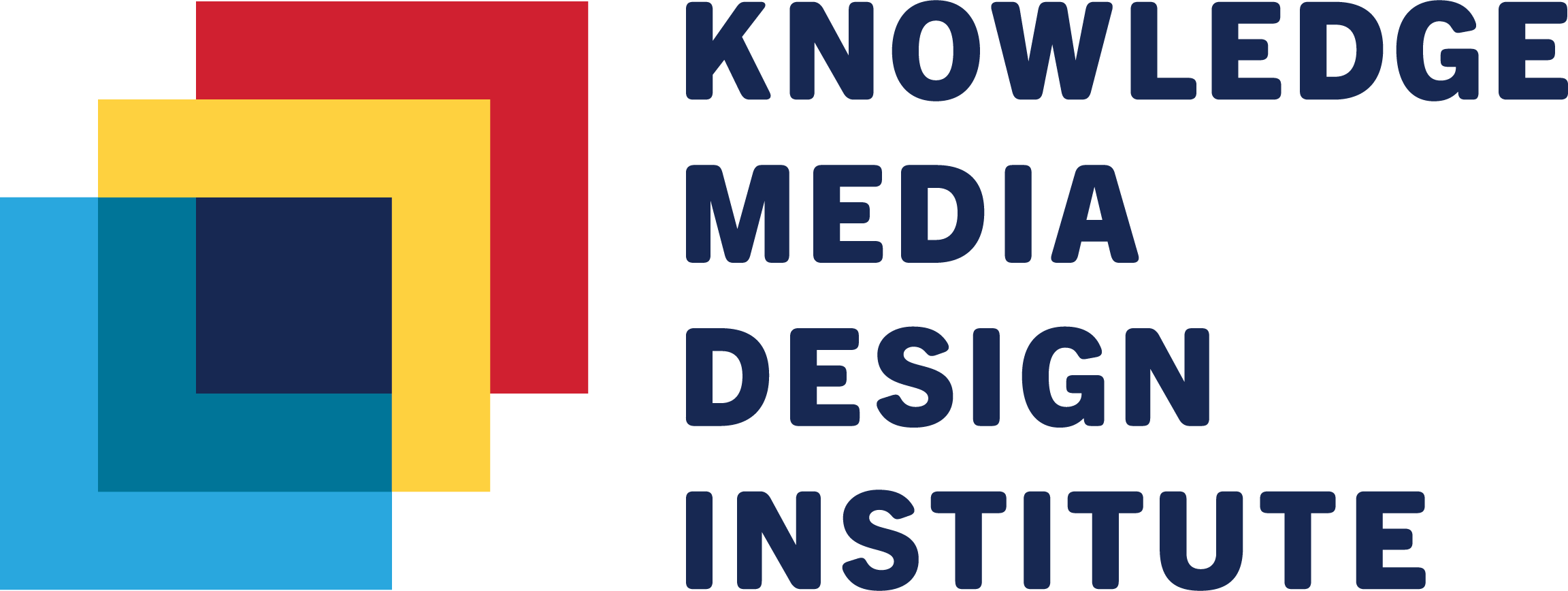“Catalogs can…create connections and create relations across time. They make new connections or new searches for likenesses possible. They bring things into relation”
As the catalogues of museums and other collections shift from internal systems to public tools, the stewards of these collections and designers must consider the logics and ethics being expressed through the design of the catalogues. Using the Great Lakes Research Alliance (GRASAC) Knowledge Sharing System as a case study, this lecture describes the structural shift and design changes required to transform a research database of Indigenous heritage and language records into a public knowledge-sharing platform. The platform redesign focuses on the idea of kinship and the multigenerational need for cultural recovery and recuperation embodied by GRASAC’s work. On the platform, creating an effective connection between a user and an item is prioritised. Connections between different items and connections between items and communities are also highlighted. The underlying purpose of catalogues has and will continue to change. Shifting needs and understandings require the stewards of collections to be willing to address the underlying assumptions expressed in our infrastructures, policies, practices, knowledges, and languages, and to be certain that those are the values and ethics they want to continue to enact in the present and importantly into the future.
The Speaker
Cara Krmpotich, Associate Professor and Director of the Museum Studies Program, Faculty of Information | Museum Studies Program
Related Research
Bohaker, H., Krmpotich, C., Chrisanthidis, S., Laurin, R., Murugaiah, P., & Tarenco, V. (2022). Sustaining a Research Alliance Across Generations: The Great Lakes Research Alliance and its Knowledge Sharing Database. Paper presented by Cara Krmpotich and Heidi Bohaker at Open Digital Project Preservation in the Humanities, in conjunction with the Digital Humanities Summer Institute, Victoria, BC, June 7, 2022. https://www.youtube.com/watch?v=bZRUTqbgiek
Krmpotich, C. (2014). The force of family: repatriation, kinship, and memory on Haida Gwaii. University of Toronto Press. https://books-scholarsportal-info.myaccess.library.utoronto.ca/en/read?id=/ebooks/ebooks3/utpress/2014-04-24/1/9781442666061
Krmpotich, C. (2016). Public Humanities as Third Space: Memory, Meaning-Making and Collections and the Enunciation of “We” in Research. University of Toronto Quarterly, 85(4), 82–92. https://doi.org/10.3138/utq.85.4.82
Other Resources
GRASAC: https://grasac.artsci.utoronto.ca/
Cataloguing Culture by Hannah Turner:
Talk: https://www.youtube.com/watch?v=Y7weJI55HxE
Book: https://ebookcentral-proquest-com.myaccess.library.utoronto.ca/lib/utoronto/reader.action?docID=6222395
Against a New Orthodoxy: Decolonised “Objectivity” in the Cataloguing and Description of Artworks by Anjailie Dalal-Clayton and Ananda Rutherford: https://photoarchive.paul-mellon-centre.ac.uk/groups/against-a-new-orthodoxy
Chapman, M. (2015). Managing Collections or Managing Content?: The Evolution of Museum Collections Management Systems. In S. Macdonald & H. Rees Leahy (Eds.), The International Handbooks of Museum Studies (1st ed., pp. 267–292). Wiley. https://doi.org/10.1002/9781118829059.wbihms212
Howarth, L. C., & Knight, E. (2015). To Every Artifact Its Voice: Creating Surrogates for Hand-Crafted Indigenous Objects. Cataloging & Classification Quarterly, 53(5–6), 580–595. https://doi.org/10.1080/01639374.2015.1008719
Odumosu, T. (2020). The Crying Child: On Colonial Archives, Digitization, and Ethics of Care in the Cultural Commons. Current Anthropology, 61(S22), S289–S302. https://doi.org/10.1086/710062
